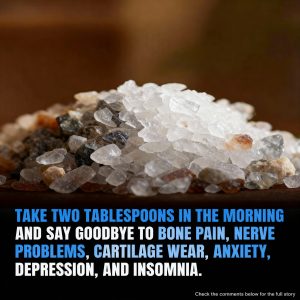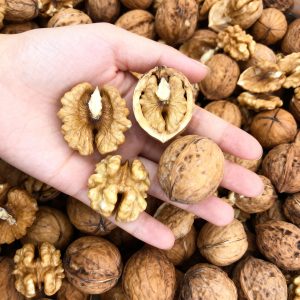**Everything You Need to Know About Chronic Constipation: A Hidden Threat to Your Digestive Health**
Constipation is something most people experience from time to time — but when it becomes **chronic**, it can signal an underlying health issue that deserves attention. Many shrug it off as a minor inconvenience, but chronic constipation can impact your **comfort, mood, digestion, and long-term health** more than you may realize.
Let’s take a closer look at what chronic constipation really is, why it happens, and how to manage it effectively.
—
### **What Counts as Chronic Constipation?**
Although bowel habits vary from person to person, constipation is typically defined as:
* Having **fewer than three bowel movements per week**
* Passing hard, dry, or lumpy stools
* Straining or feeling that the bowel movement is incomplete
If these symptoms continue for **three months or longer**, it’s considered **chronic constipation**.
—
### **Why It Happens**
Chronic constipation can occur for several different reasons, including:
#### **1. Low Fiber Intake**
Fiber adds bulk to stool and helps it move through the intestines. Diets low in fruits, vegetables, and whole grains often lead to constipation.
#### **2. Dehydration**
When the body lacks water, the colon absorbs extra fluid from the stool, making it harder and more difficult to pass.
#### **3. Sedentary Lifestyle**
Movement stimulates the digestive system. Sitting for long periods can slow bowel activity.
#### **4. Ignoring the Urge to Go**
Regularly delaying bathroom visits can train your body to hold stool longer, leading to harder and drier bowel movements.
#### **5. Medications**
Some medications, such as antidepressants, painkillers (especially opioids), and iron supplements, can slow digestion.
#### **6. Underlying Medical Conditions**
Constipation can be a symptom of thyroid disorders, diabetes, irritable bowel syndrome (IBS), or neurological conditions.
—
### **Why Chronic Constipation Should Not Be Ignored**
When constipation persists, it can lead to more serious issues, including:
* **Hemorrhoids**
* **Anal fissures** (small tears)
* **Rectal prolapse**
* **Toxin buildup causing bloating and discomfort**
In rare cases, chronic constipation may also be an early sign of **colon disease**. That’s why long-lasting changes in bowel habits should always be discussed with a healthcare provider.
—
### **How to Relieve and Prevent Chronic Constipation**
#### **1. Increase Fiber Gradually**
Aim for **25–35 grams of fiber per day** from:
* Oats
* Leafy greens
* Berries
* Apples
* Lentils and beans
* Whole grains
#### **2. Drink Plenty of Water**
Most adults benefit from **6–8 cups of water daily** — more if active or living in a hot climate.
#### **3. Stay Active**
Even **20–30 minutes of walking a day** can stimulate bowel movement.
#### **4. Establish a Routine**
Try going to the bathroom at the **same time daily**, especially after meals, when digestion is naturally active.
#### **5. Limit Processed Foods**
Highly processed, sugary, or high-fat foods can slow digestion.
#### **6. Talk to Your Doctor**
If constipation lasts more than a few weeks — or if you notice **blood, severe abdominal pain, or unexplained weight loss** — professional evaluation is important.
—
### **Final Thoughts**
Chronic constipation may seem like a small issue, but it can have a **major impact** on digestive health and daily life. The good news is that many cases improve with simple lifestyle changes — and when needed, safe medical treatments are available.
If you or someone you love struggles with constipation regularly, don’t ignore it.
Your digestive health is a key part of your **overall well-being**.





